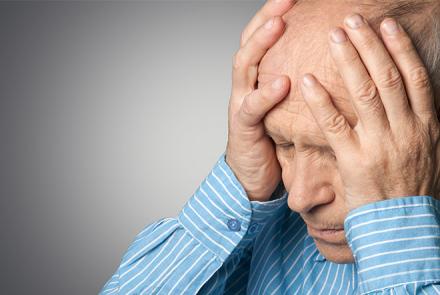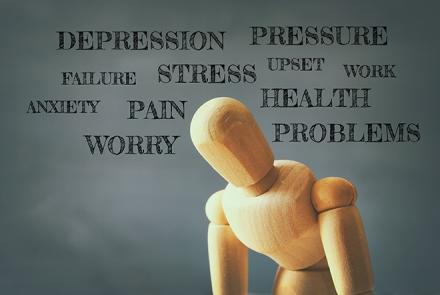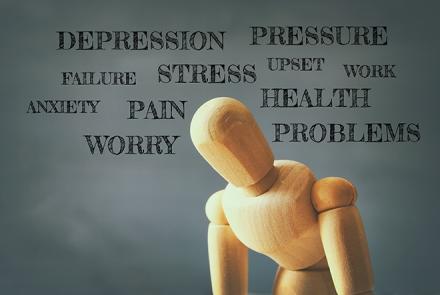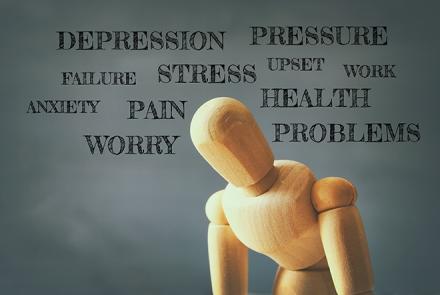
Depression is devastating, insidious, it can break up relationships and ruin friendships, but with the right tools and support, it can be beaten. Caring for a man who is suffering from depression can be even harder, because depression isn't often seen - it's felt.
4 tips for a caregiver to balance your way through a mine field of defensiveness, denial, anger, and despondence.
Tip #1 Understand His Depression "There are wounds that never show on the body that are deeper and more hurtful than anything that bleeds." ― Laurell K. Hamilton
Depression is more than a feeling. Not only does it effect people on an emotional level but it also drains them physically and psychologically. That is why if your partner is depressed, he will be lacking the motivation to hit the gym or to pursue a once cherished hobby. With this in mind, the first thing you can do to help is make sure he is eating a balanced diet and is exercising. Buy fresh food, avoid stocking the fridge with highly caffeinated products and booze, and see if he will go walking with you.
Tip #2 Acknowledging His Depression "Never ignore the elephant in the room. That's rude; play with it and introduce it." ― Donna Lynn Hope
Confronting his depression will be tough but is absolutely necessary if you are going to help reverse its course. The goal is to show him that you acknowledge he is going through something and that asking for help is okay.
- Approach him where he is comfortable, at home or maybe your favorite date spot. Make sure you have privacy and enough time to talk (at least an hour).
- Tell him you noticed he has been "feeling down" lately. Avoid using the word "depressed" because it could trigger the walls to go straight up. Bring up examples in a gentle way.
- Explain your mutual goal - you BOTH want him to feel better.
- Depressed men feel isolated in their pain and hopelessness. Explain that asking for help is a sign of strength not of weakness.
Tip #3 Self Care "The Best Health Care Plan Is A Self Care Plan" ― Nina Leavins
"In the event of a decompression, an oxygen mask will automatically appear in front of you. If you are travelling with a child or someone who requires assistance, secure your own mask first, and then assist the other person."
If you've ever been on an airplane you've likely heard some iteration these words. If you are incapacitated you won't be of any help to anyone. The same goes for caring for a man with depression. You need to secure your own mental stability before you can help him.
Because of the nature of depression he won't be as connected or invested in your relationship as he was when he was healthy. He might become more combative or more withdrawn, depending on how the depression affects him. Don't get pulled into this or take it personally. Do what you need to do to stay healthy. Connect with friends, exercise, or shop - you have an identity outside of your relationship.
Tip #4 Involve the Professionals
Getting professional medical personnel involved is the most critical step as it is the most effective way to cure the depression. Here are some ways to make it easier:
- Ask him to do it for you or your family.
- Tell him it will bring you peace of mind if he sees someone.
- See the right doctor - Ask if you can set up an appointment with your family doctor so they can go over the problem. It will be an easier push for him to see a family doc as oppose to a "shrink."
- Call ahead - Tell the doctor what his symptoms have been. Your testimony might bring up things your partner could miss or will neglect to share.
To read the complete article:
















